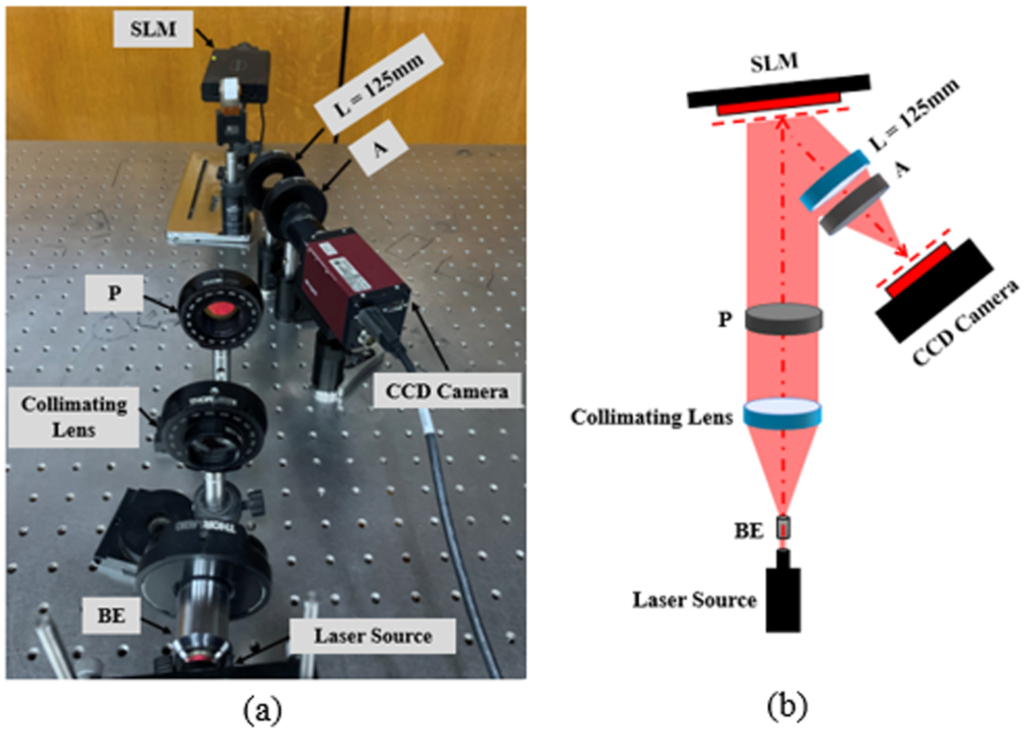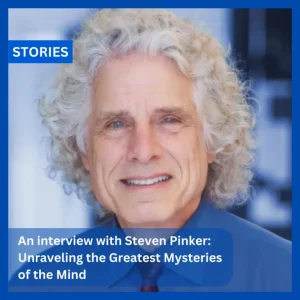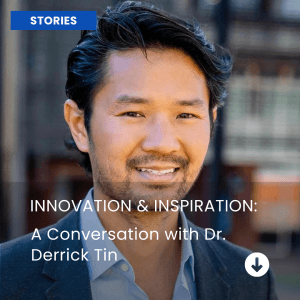

I am Rania Mohamed, I received a B.Sc. from the Department of Systems & Biomedical Engineering, Faculty of Engineering, Helwan University, Egypt. I joined the National Institute of laser enhanced science “NILES” in the department of Engineering Application of laser ‘EAL”, Cairo University in 2009 as an academic assistant and got the diploma, M.Sc. degrees from the same department in 2009, and 2016. Now, I am a Ph.D. student, at the final stage of my thesis. My main area of research is adaptive optics and the application of holographic projection in the medical field.

I selected the topic of applying holographic projection to acquire medical data. As I was searching the state of the art of the medical holographic projection, I found a lack in applying this topic in the medical field. In other words, all the proposed systems in the literature focused only on the external surface of an organ. Thus, I thought deeply to improve this concept by focusing on the anatomical structures of an organ. By achieving that, an improvement in diagnosis and treatment planning could be achieved.
Holographic projection is a valuable tool for displaying different body organs with high accuracy. This could be used for providing better understanding and interpretation of body organs. This in turn improves the diagnosis and the follow-up procedures of the diseases. While I was creating this idea, I made an evaluation of each step done. This is an important step to describe the possibility of applying my proposed idea.
In my case as I am at the beginning of my scientific career, it was achieved by getting acceptance of my research article. Then, I started to share the same on some scientific sites like ResearchGate.
More reading about holographic projection for medical data indicates that I selected an interesting and new topic. Applying holographic projection in the medical field will be a helpful and valuable tool for improving diagnosis and providing better understanding of different body organs. As well as, improving the follow-up procedures for brain tumor patients.
Regarding future work, I will begin to apply holographic projection on different kinds of medical data such as computed tomography (CT).

Yes, I learned writing with Latex, which was a new tool for me. It facilitates writing and editing scientific articles.
I pray and then I take my breakfast. Then, I go to my lab to perform some experimental work.
Every day, after my breakfast, I go to my university. First, I finish some official work. Then, I will go to my lab to execute some work. Most days are quite interesting.
I perform my work on a laptop. I use it to make the software programs that I will use in the experimental work. Then, I upload the programs that I made on the devices, e.g. adaptive optics, spatial light modulator, in my laboratory to perform the experimental work.
The most important of them is learning, e.g. Matlab programming, Adobe Illustrator, and Latex. Socialize, and attend international conferences. This can help greatly in meeting other colleagues from different countries and share information.
Instagram, Gmail, and ResearchGate.
By using some news websites, and reading the recent research articles ResearchGate.
I am reading and learning about the Matlab programming language as it helps me in the analysis of my results.
I track my weight using a digital weighing scale, and I always focus on eating healthy food, like vegetables and fruits.
To reach your goal, you will need many attempts.






DISCLAIMER: ConductScience and affiliate products are NOT designed for human consumption, testing, or clinical utilization. They are designed for pre-clinical utilization only. Customers purchasing apparatus for the purposes of scientific research or veterinary care affirm adherence to applicable regulatory bodies for the country in which their research or care is conducted.